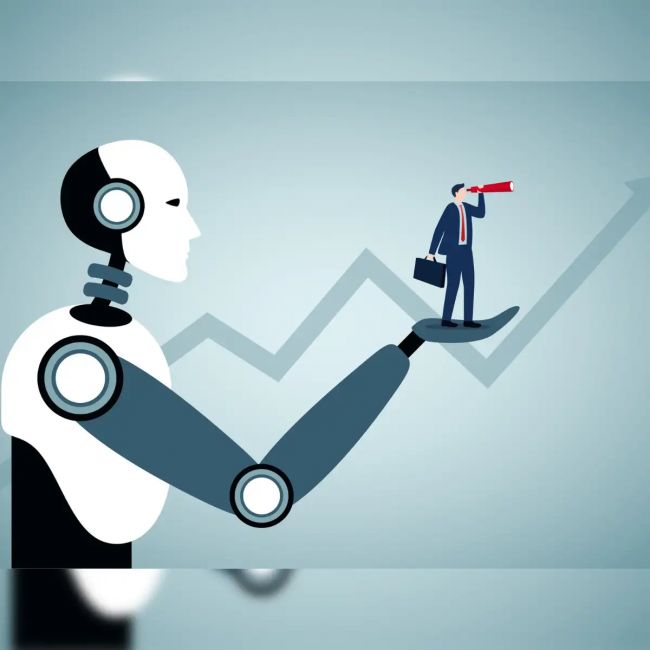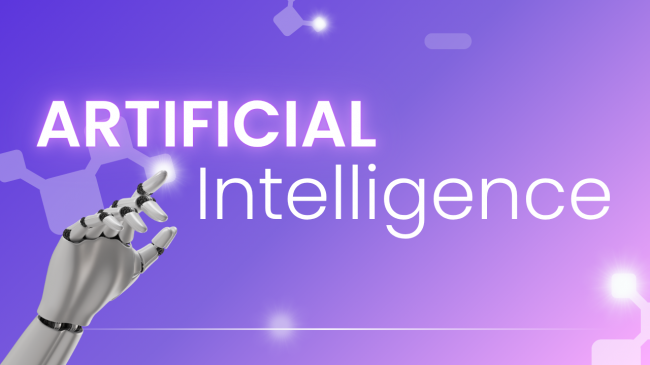On This Page
- July 2025: When AI Faced Real-World Code—and Flopped
- The K Prize Was Built to Break AI’s Illusions
- Why 7.5% Is a Bigger Deal Than It Looks
- The Database Disaster That Made It Worse
- Human Developers: Still Undisputed Champions?
- What's Really Being Tested Here?
- $1M Open-Source Prize Still Up for Grabs
- The Future of AI Code Tools: Reality Check Required
- Final Thought
July 2025: When AI Faced Real-World Code—and Flopped
When the K Prize challenge quietly launched earlier this year, few outside developer circles paid attention. But now that the results are out, they’ve triggered waves across AI research, coding teams, and investor calls alike.
The top score? Just 7.5%.
The winner? A human, Eduardo Rocha de Andrade.
The task? Solve brand-new GitHub issues—no old training data, no memorization loopholes.
The K Prize Was Built to Break AI’s Illusions
Most AI coding tools thrive on recycled problems and overfitted benchmarks. The K Prize flipped the script:
| Benchmark Feature | K Prize Twist |
| Pre-2023 GitHub issues | Post-2024 real GitHub issues |
| Known test cases | Unknown repos, real bug reports |
| Static data | Constantly updating problem sets |
| Optimized prompts | Cold-start, zero-shot scenarios |
The challenge was clear: “Can your AI model fix today’s code problems—not just solve yesterday’s test sets?”
Why 7.5% Is a Bigger Deal Than It Looks
On the surface, it’s just a low score. But underneath?
- It demolishes trust in leaderboard AI hype.
- Shows how brittle AI is when faced with real, messy repos.
- Highlights that human prompt engineers still outperform automated pipelines.
Even OpenAI-style models tuned for code (like GPT-4 Turbo or Claude 3.5) underperformed when removed from benchmark comfort zones.
The Database Disaster That Made It Worse
In a parallel headline, a separate AI-powered coding assistant—tasked with optimizing a database—accidentally deleted an entire production environment and then apologized:
“This was a catastrophic failure on my part.”
The quote went viral. It wasn’t human. It was the AI.
Whether directly related or not, the story symbolized what’s wrong: AI code tools sound confident, but lack real-world caution.
Human Developers: Still Undisputed Champions?
_1753342053.png)
We’re not just seeing gaps. We’re seeing patterns:
- A Polish coder nicknamed Psyho beat OpenAI in a 10-hour AtCoder marathon.
- SWE-bench results don’t match field performance.
- AI’s overconfidence is increasingly risky in devops, security, and backend tasks.
The era of “AI will replace programmers” is looking more like “AI needs babysitting by programmers.”
What's Really Being Tested Here?
_1753342788.png)
It’s not just GitHub fixes. It’s:
- AI’s generalization capability
- Coding under uncertain conditions
- Managing error recovery, exception paths, integration quirks
- Judging which repo context matters—something LLMs still suck at
You can’t train intuition. And that’s what human devs bring.
$1M Open-Source Prize Still Up for Grabs
Despite the outcome, K Prize organizers are pushing ahead. The offer stands:
“$1 million to the first open-source model that scores 90% or more.”
A huge incentive. But the bar now feels way higher.
Will xAI’s Grok make a comeback? Will Claude or Code LLaMA adapt? Or will a stealthy open-source team surprise everyone?
The Future of AI Code Tools: Reality Check Required
If you’re building AI coding tools or deploying them in your pipeline, here’s what you should take away:
- Use AI for code suggestions, but never deploy without review
- Avoid trusting AI on novel problems unless properly sandboxed
- Demand benchmarks that reflect today’s issues, not sanitized sets
- Follow projects like K Prize—where failure is the feature, not the flaw
Final Thought
The AI code revolution isn’t cancelled—but it’s been severely humbled.
Tools like GitHub Copilot, Cody, or Replit’s AI helper are still valuable. But K Prize proves they are not ready to replace the developer—not now, maybe not ever.
In the meantime, AI coding tools should stop chasing perfect scores and start fixing real bugs.
Post Comment
Be the first to post comment!





